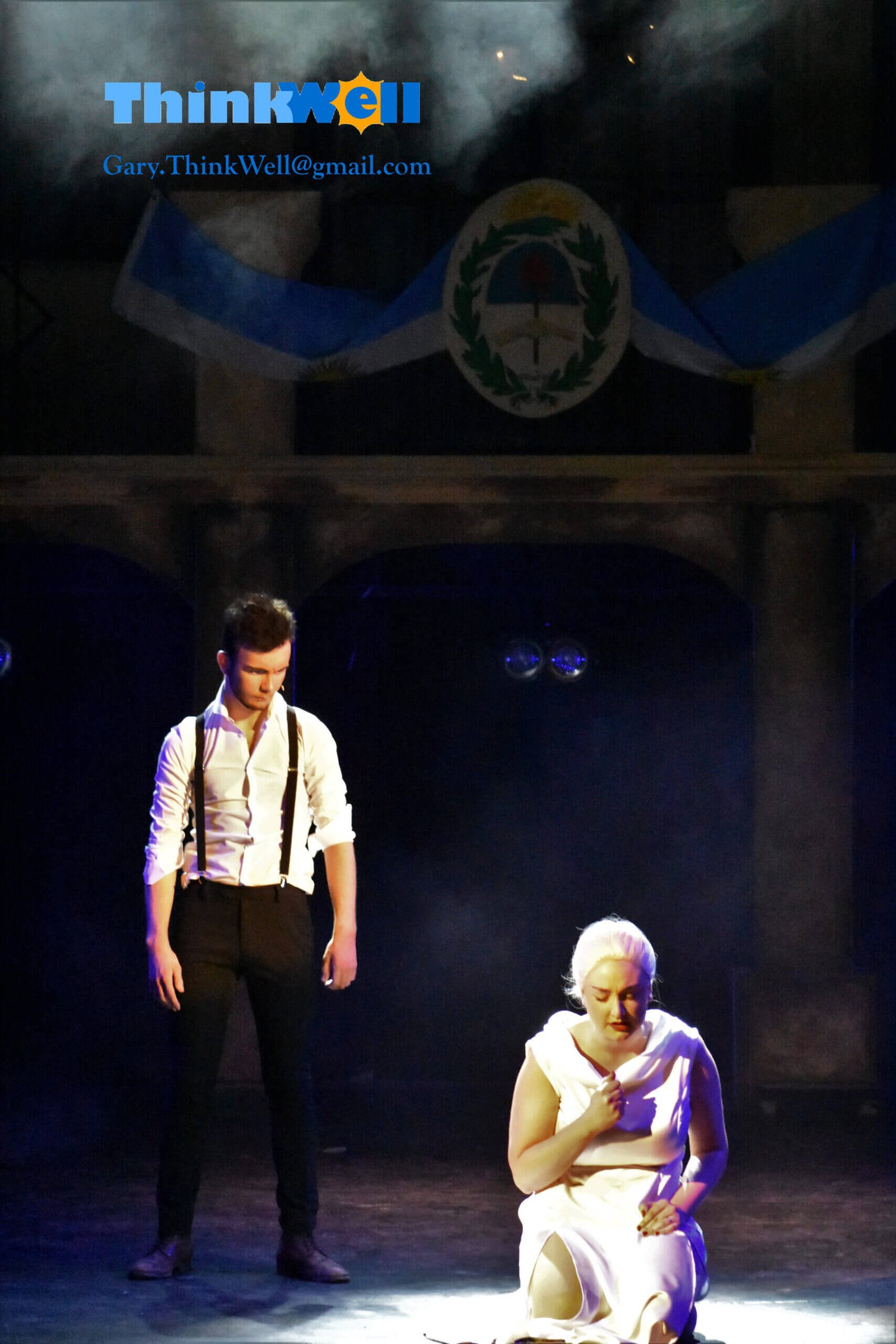The Power of Perspective:

Embracing Empathy in Our Relationships
In our work and personal life, we often find ourselves tangled in misunderstandings and conflicts. It’s a universal truth: we all make mistakes, sometimes upsetting others or exacerbating situations despite our best intentions. Recognising our humanity means acknowledging our imperfections and the complexities of our actions.
The Inner Advocate: Justifying Ourselves
When we stumble, our instinct is to don the robe of our own defense lawyer. “Let me explain,” we say, believing that if only the world could see through our lens, it would understand our pure intentions. We plead for empathy, yearning for others to acknowledge that our heart was in the right place, even when our actions faltered. “I was under pressure,” “I didn’t want to cause more harm,” – these are our pleas for understanding, our testament to the goodness at our core, as validated by those who know us well.
This internal advocacy is a testament to our complex nature, highlighting a profound truth: we are all navigating life’s pressures, often doing our best in the heat of the moment. This recognition, however, seems to waver when the tables are turned.
The External Prosecutor: Judging Others
Confronted with hurt caused by someone else, our empathy often retreats, and we find ourselves in the prosecutor’s shoes, quick to attribute malice or negligence to their actions. This shift from understanding to judgment reveals a dichotomy in our approach to human errors – ours versus theirs. It’s easier to assume the worst in others than to consider the multitude of factors that could have influenced their behaviour. This tendency not only strains relationships, but also isolates us within our own narratives, convinced of our righteousness.
Bridging the Gap: The Role of Empathy
The essence of empathy lies in our ability to hold a mirror to this inconsistency and to recognise the shared humanity in both our actions and those of others. It involves stepping into another’s shoes, imagining their pressures, fears, and intentions, and acknowledging that, like us, they are often acting from a place of complexity, perhaps even pain.
This deliberate shift in perspective has the power to transform our interactions. By entertaining the idea that others, too, are negotiating their own storms, we open the door to a more compassionate and understanding world. This doesn’t mean excusing harmful behaviour but rather seeking to understand the roots of such actions, which often lie in unmet needs or unspoken pain.
Practicing Empathy: A Path Forward
So, how do we cultivate this empathetic mindset? Start by pausing before casting judgment. When feelings of hurt or anger arise, ask yourself: “What might be going on for them?” This simple question can pave the way for a deeper understanding and connection.
Next, communicate openly. Share your feelings and ask about theirs without accusation or defense. This dialogue can reveal the common ground of shared experiences and emotions, fostering a sense of mutual understanding.
Lastly, embrace vulnerability. Admitting our own faults and acknowledging our shared imperfection can dissolve barriers, allowing empathy to flow more freely.
Embracing the Full Spectrum of Human Experience
By expanding our perspective to include the myriad reasons behind someone’s actions, we become more forgiving, both of ourselves and others. This doesn’t mean relinquishing accountability but rather understanding that accountability and empathy can coexist. In recognising the complexity of human behaviour, we allow for growth, healing, and deeper connections.
Remember, embracing empathy doesn’t just change how we view a situation; it can transform our relationships and, ultimately, how we experience life. Let’s commit to seeing beyond the surface, to understanding the rich, complicated layers of each other’s experiences. In doing so, we not only become better friends, partners, and community members but also contribute to a more compassionate world.